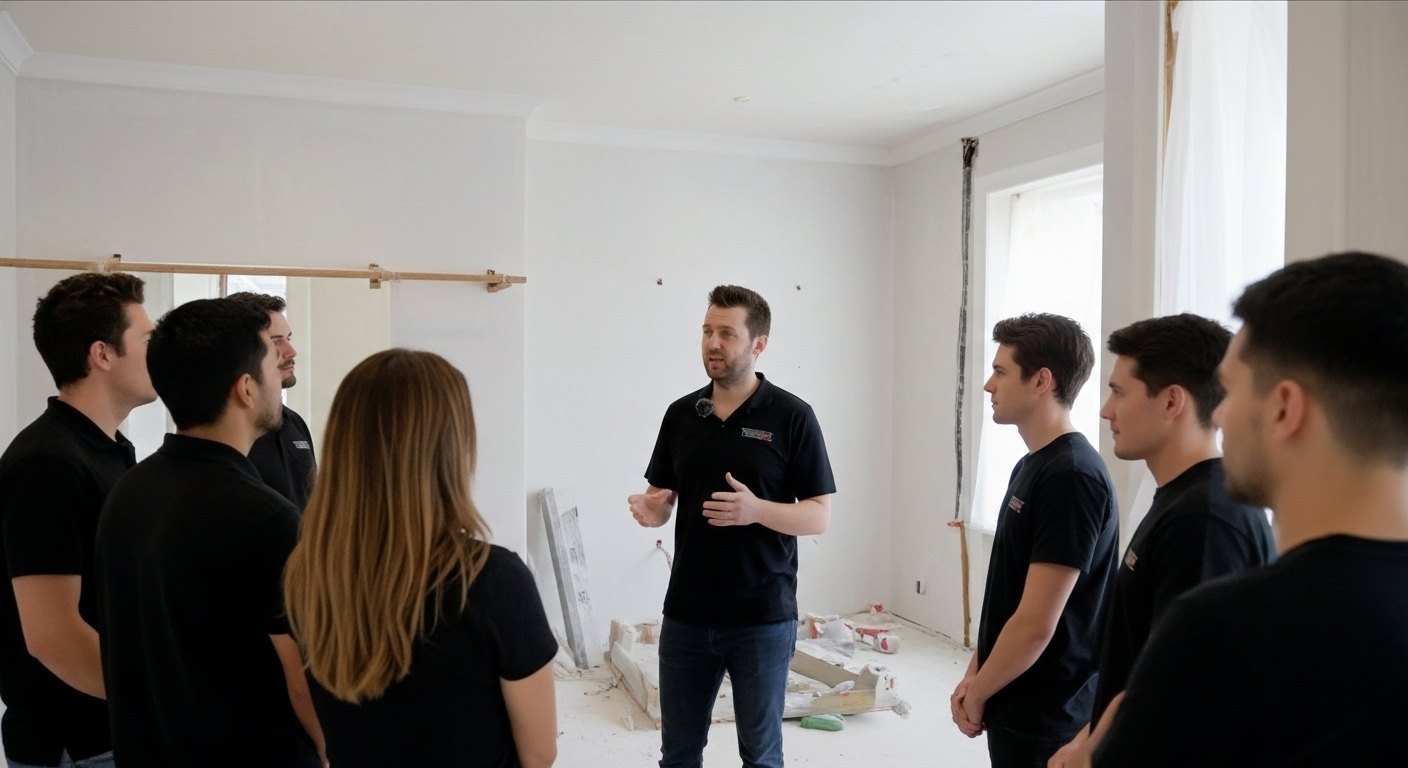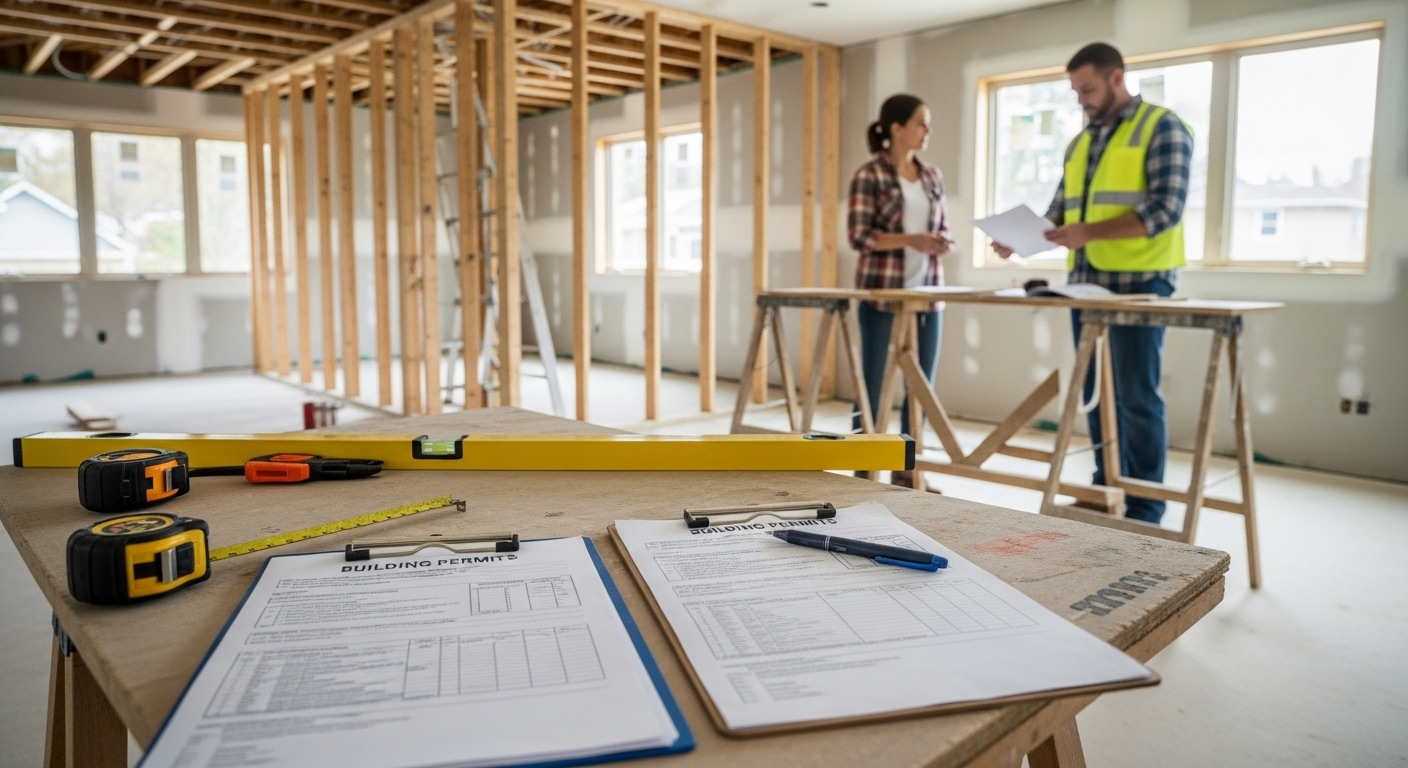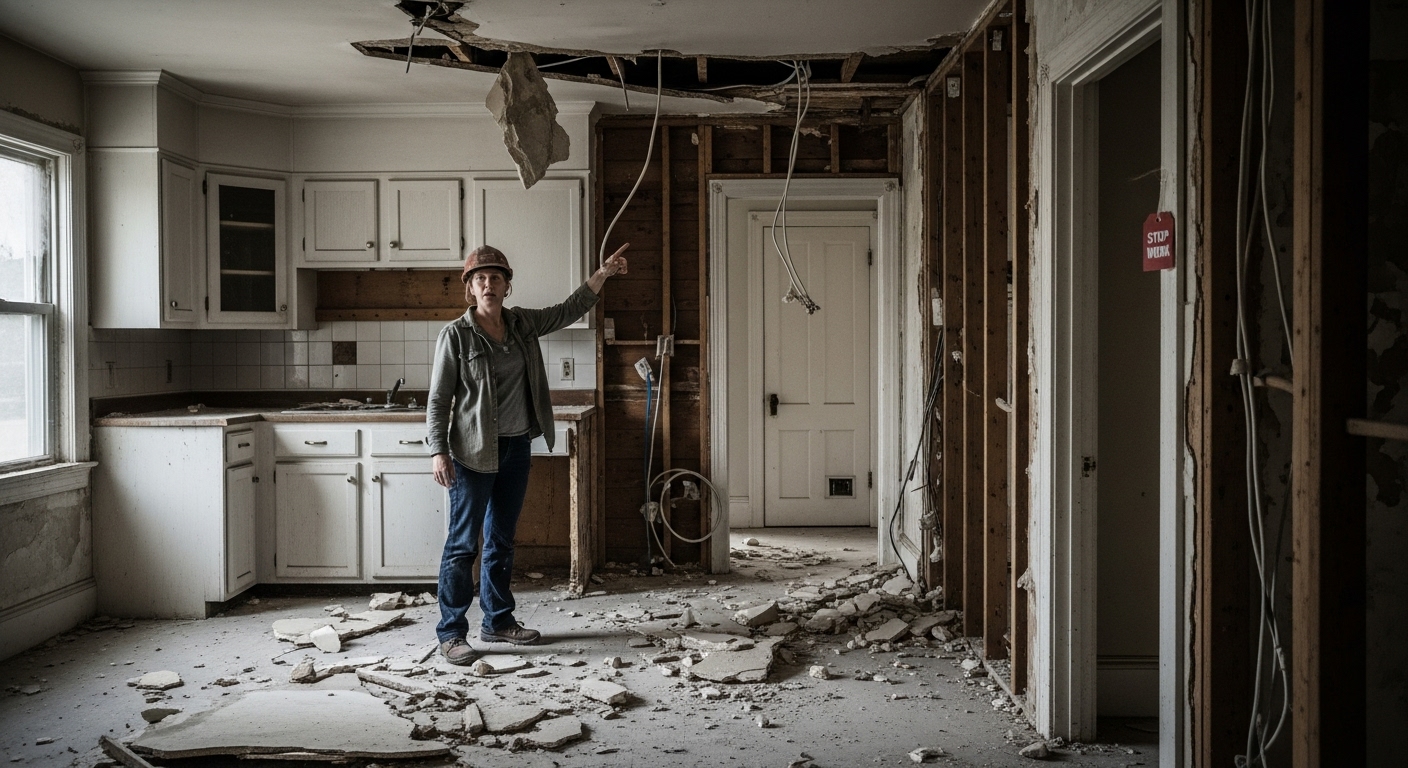What to Consider When Budgeting for a Home Renovation
Your budget is one of the most important aspects you will work on when planning your home renovation. This key element will help you, the homeowner, determine many aspects of your reno, including; what projects can and can't be completed, how much is available to spend on materials, what aspects you'll be able to splurge on and where you'll need to save. Needless to say, a well-thought-out budget is essential to ensure your project will run smoothly.
At Generation Construction, we've seen (and heard about) many times in which homeowners have underestimated the costs and planning involved in a renovation, leading to immense frustration and unexpected expenses. To help prevent this from happening to you, we've developed a defined list that outlines what one should plan for when creating their budget.
So, if you are thinking about moving forward with a renovation or are curious as to what your ideal project may cost, here's what you need to consider when creating your home renovation budget:
1. Your Renovation Goals
The first step in planning a home renovation project is probably the easiest: clearly outlining and determining your renovation goals. During this part of the process, you'll want to think with the end result in mind and ask yourself the following questions:
- What do you want to achieve with this renovation?
- Are you looking to add more space to your home or simply update the decor?
- What are your nonnegotiables for the renovation?
- Where are you willing to compromise?
Whatever your goals may be, it's important to clearly define them from the outset, as this will help guide your decisions throughout the project. It will also help guide you during any unexpected moments that may arise during the project, so you'll know how to work with your contractor team, staying on track and budget.
2. Your Maximum Budget
Once you've defined your goals, the next step is setting a realistic renovation project budget based on what you can afford. Knowing how much money you can spend on your ideal project right from the offset will help guide you and make appropriate decisions.
During this process, it's important to be realistic about what you can afford, as going over budget can lead to stress and financial strain later on down the road.
3. Your Available Financing Options
Depending on the scope of your renovation project, you may need to consider financing options to complete the renovation. This could include taking out a home equity loan or line of credit, using credit cards, or other financing options.
It's important to carefully consider your financing options and choose the one that makes the most sense for your situation. Again, deciding on these elements right from the start will help you make the right decisions for yourself and your family as you progress with the project.
4. Unexpected Costs That Could Arise
Home renovation projects are complex and often involve unexpected challenges, which lead to unexpected costs. This is why we always recommend that our clients have room in their budget for any additional expenses that may arise.
These challenges can be as simple as having to select a different type of material due to availability or as big as having to remove additional tiles in your bathroom because of mould growth.
Truth be told, as a contractor, we never know what we will find once we start a project. This is why we have contingency funds with our clients, as we are unaware of any previous work that may have been done or the age of the home. So when planning for your budget, leave room for the unknown, as it will help you remain prepared during the process!
5. The Type of Materials that You Want
Materials are another important element of your renovation project. Knowing which materials you would like, in addition to what you can afford, will help make the process run smoother.
We always advise our clients to have the available budget and an idea of what materials they want right from the get-go. This is because the sooner the material selection can be made, the better! We're sure many of you have heard about the hang-ups that can be caused due to materials arriving late or being hard to source. So, it's important to have room in your budget to select materials right away, especially when they are on-site so that your project can keep moving forward on schedule. And so that you can secure your ideal materials.
6. What Items You Want to Splurge On
When developing your list of nonnegotiables, you may find that there are certain projects or materials that you're willing to splurge on. To achieve this, it's important to allow room in your budget.
This can either be made through financing options or by saving on other elements of your project so that you can splurge on fixtures, appliances or countertops, etc. If you're unsure of the items that you should save or splurge on, be sure to speak with your contractor. They can help outline the pros and cons, as well as dictate what items should have additional room in your budget.
As you can see, planning a home renovation project requires careful consideration and quite a bit of planning. But by using these considerations to create your budget, you can plan and budget accordingly, helping to ensure that your renovation project is a success and that you can achieve your goals. Without any unexpected costs hanging over you afterwards!
Of course, if you have any further questions, it's best to ask your contractor from the beginning helping to get a clear understanding. If you're ready to start planning and preparing for your renovation, we're here to help. Contact us today for a consultation, and let's get started on making your dream home a reality!



